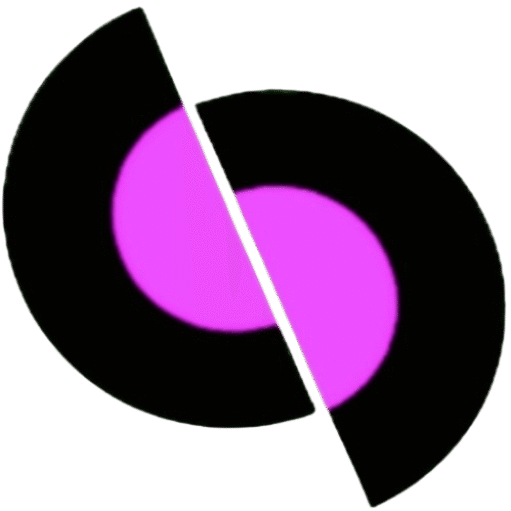Electric potential is a physical quantity which determines the direction of flow of electric charge.
That is,
If two conductors with different electric potentials are brought in contact with each other, then the charge will flow until the potential of both the objects becomes equal.
Positive charge always flows from high potential to low potential and negative charge always flows from low potential to high potential.
Electric potential at a point due to point charge

Let us assume that a charge of +qc is located at point O. From this, we have to calculate the electric potential at point A located at a distance of r.
The test charge at point B located at a distance x from the +q charge is q₀.
Hence, the electric force between them
F= [1/4π∈₀][q₀q/x²]
The work done in taking the test charge q₀ from B to C through a distance dx against the force F
dw = →F.→dx
dw = F.dx.Cos180°
dw = -Fdx
dw = -[1/4π∈₀][q₀q/x²].dx joule
Therefore,
The work done in taking the test charge q₀ from infinity to point A

Therefore,
The electric potential at point A
V = w/q₀
V = [1/4π∈₀][q₀q/r]/q₀
V = [1/4π∈₀][q/r]
Similarly,
The electric potential at point A due to -q charge potential
V = -[1/4π∈₀][q/r]
If the charge is located in a medium whose dielectric constant is K, then the electric potential
V = [1/4π∈₀K][q/r]
